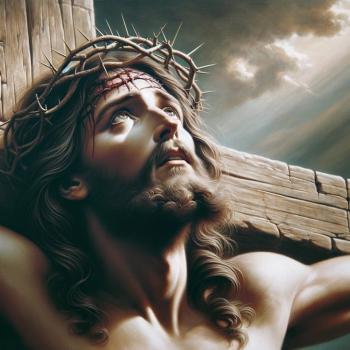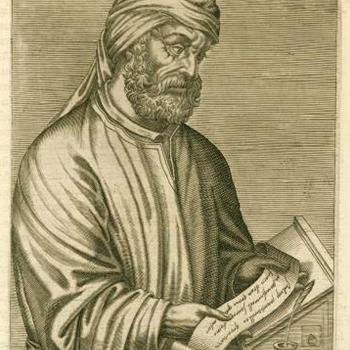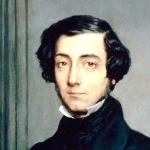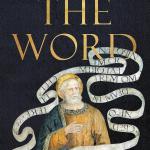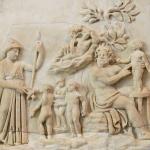When I was hearing about the conference at Wheaton on evangelicalism and Trump, I was hopeful somehow a statement would come out. What came out was a clear lack of (1) leadership and (2) of a coherent theory of political engagement that is unafraid of political alliance.
If you need a reason to question the viability of evangelicalism as having non-partisan integrity, read this by Katelyn Beaty:
Birdsall’s invitation stated that the “support of ‘eighty-one per cent of self-identifying white evangelicals’ for Donald Trump is a call to self-reflection on the current condition of Evangelicalism.” Nevertheless, he insisted, “Our purpose . . . is neither political nor centered on public policy.”
Last week, more than fifty pastors, scholars, and college presidents converged on the Billy Graham Center at Wheaton for the meeting. Participants included the Presbyterian pastors Timothy Keller and John Ortberg, and also Mark Noll, a historian of American evangelicalism who is perhaps best known for his book, “The Scandal of the Evangelical Mind,” a critique of the movement’s anti-intellectual bent. Six church leaders from outside the U.S. were there to contribute their impressions on how American evangelicalism is perceived worldwide. More than half of the group was white….
In early correspondence to participants, Birdsall wrote that part of the summit would be devoted to crafting a “pastoral letter,” a statement, to speak for Christians dismayed by the growing alignment with Trump. The goal was to disentangle the word “evangelical” from its current attachment with far-right partisan politics and re-center it on Christ and the church. The statement was originally slated to be released before June, in advance of a meeting between a thousand evangelical leaders and President Trump. But, days before we arrived at Wheaton, Birdsall clarified to attendees that our gathering was not meant to be held in opposition to the June meeting. He pointed out that he had planned the event long before the one with Trump became public. Organizers seemed to be getting nervous that their efforts would be seen as partisan and anti-Trump. After two days of often tense conversations, it became clear that no statement would be released at all…..
At the end of the second day, Birdsall and his co-chairs thanked us for coming. He said that he was hopeful that a statement would emerge in the next few days and encouraged us to continue the conversation. Exhausted, we all shuffled out of the Billy Graham Center and headed back to our own communities. Last Thursday, it was confirmed that no statement would be released. Instead, a press release was issued stating that an “honest dialogue about the current state of American evangelicalism” and its future had taken place.
Afterward, I asked another participant, Darrell Bock, a New Testament professor and the executive director for the Center for Cultural Engagement, in Dallas, if he felt that the summit had been a success. He was sanguine about how the event had played out. “You’re there to listen to people whose voices you don’t normally get to listen to, and then on day two you’re beginning to assess what you do about it, and the reality is, we ran out of time,” he told me. Charlie Dates, the young black pastor on Chicago’s South Side, told me that he is still hopeful, because “the history of racism in American evangelicalism has been hiding in plain sight,” and now it is finally being exposed.
Without a statement, and with the bewildering skittishness about getting political, my time at Wheaton left me feeling deeply unsettled about the moral and political fortitude of my spiritual community in the era of Trump and beyond. Much of evangelicalism still functions with a spiritual-secular divide, as if the physical concerns of this world can be neatly fixed with worship and prayer. But worship and prayer are not the only things that this Trumpian moment demands of us. Rather, the moment calls for risk. Many Christians before us—the abolitionist Charles Finney; the pastor Dietrich Bonhoeffer; Martin Luther King, Jr.; Desmond Tutu—stood against corruption with courage and grace. They hadn’t been afraid to get political, to challenge unjust systems and policies. The church was made stronger for it.


